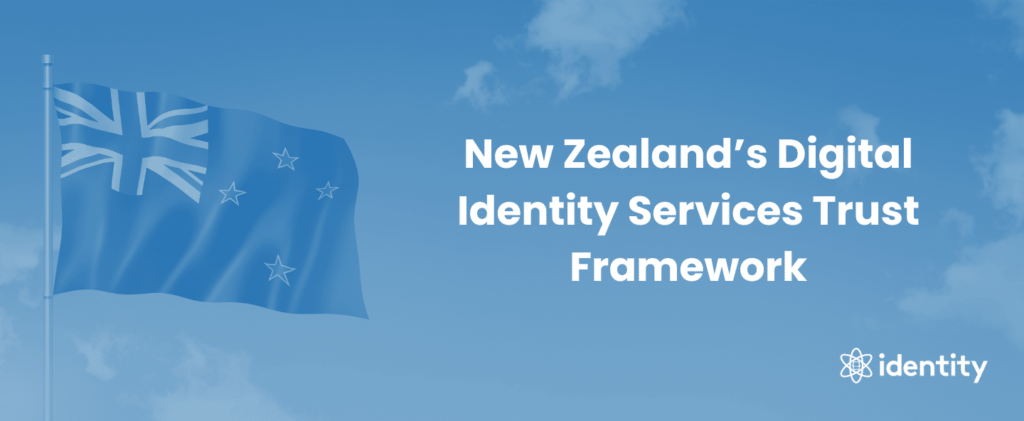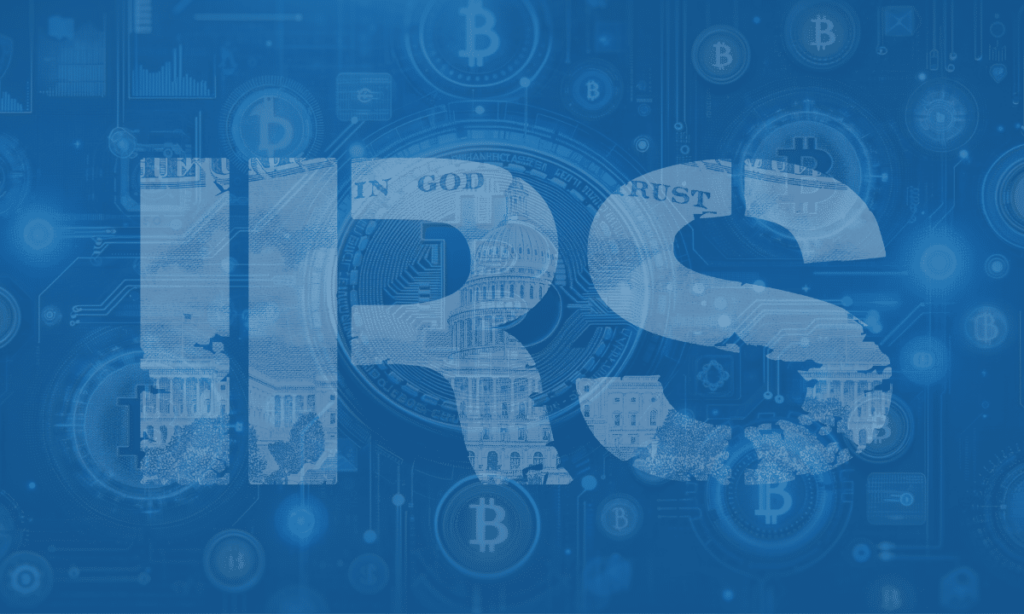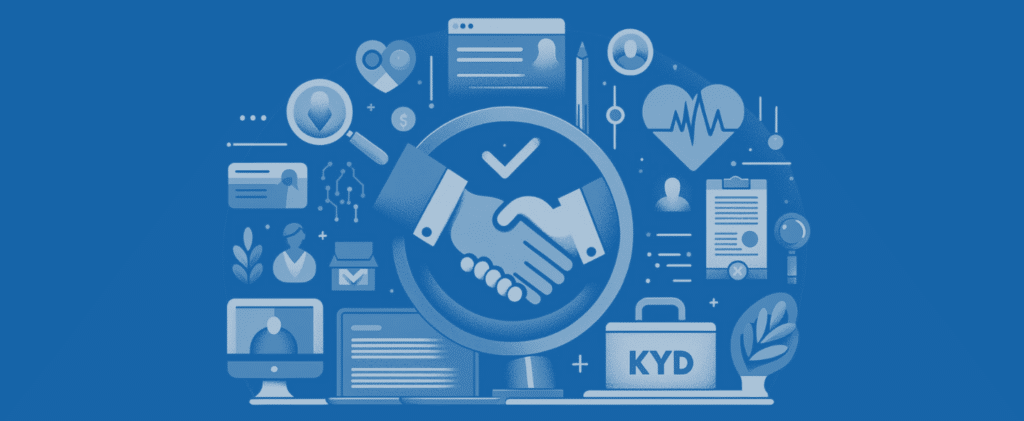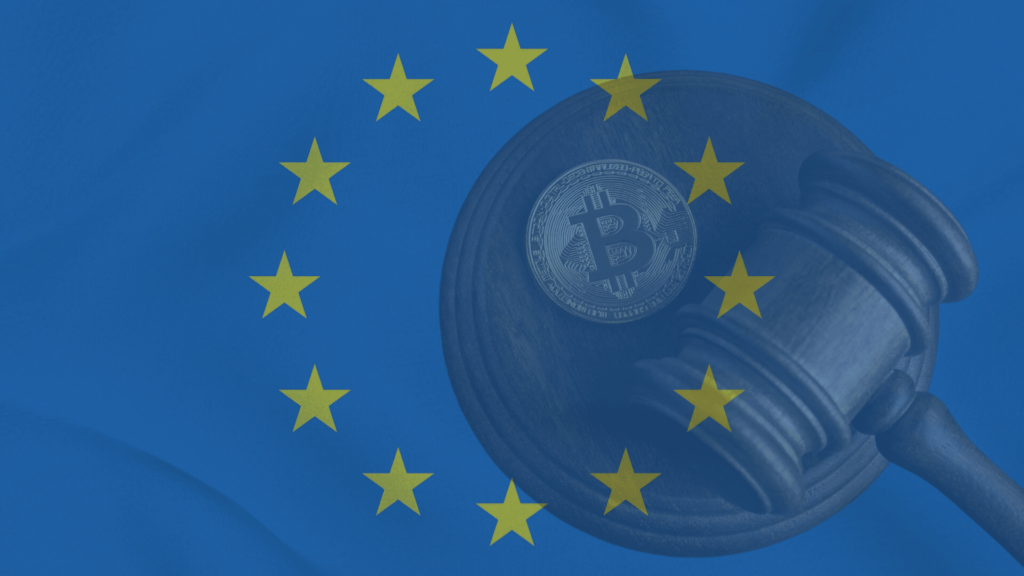What is the Financial Action Task Force (FATF)?

Key Takeaways: The Financial Action Task Force (FATF) is an intergovernmental organization that develops and promotes policies to combat money laundering and terrorist financing. It plays a critical role in creating global guidelines for countries to follow in the fight against financial crimes. FATF evaluates countries’ anti-money laundering (AML) and counter-terrorist financing (CFT) measures and provides […]
What Is New Zealand’s Digital Identity Trust Framework?

Globally, there is an increasing emphasis on how we manage and verify our identities across various services. Governments and private sectors are rapidly embracing digital ID systems to enhance security, streamline processes, and provide citizens with greater control over their personal data. These systems play a pivotal role in reducing fraud, improving user experience, and […]
What Is POPIA (Protection of Personal Information Act)?

Personal information has become a precious commodity in this age of data-driven decision-making and digital interactions. The internet and the digital revolution have transformed the way we collect, store, and use personal data, creating both opportunities and challenges. As technology increasingly intertwines with our daily lives—whether through online shopping, social media, healthcare, or financial services—it […]
What Is General Data Protection Regulation (GDPR)?

Key Takeaways: The General Data Protection Regulation (GDPR) is an EU law that governs how personal data of individuals is collected, processed, and protected by organizations. Organizations must obtain clear, informed consent from individuals before collecting or processing their personal data. GDPR grants individuals rights such as access, rectification, erasure, and data portability regarding their […]
What Is Counter-Terrorist Financing (CTF)?

Terrorism: A Global Threat and the Rise of CTF There is no doubt that terrorism has wrecked lives, properties, industries, and economies across the globe. In addition to destroying lives and infrastructure, terrorist activities have a profound impact on societies and economies. Terrorism characterizes itself through indiscriminate violence and the use of fear and intimidation […]
2025 IRS Proposed Regulations for Digital Asset Reporting

Introduction: Exploring the Impact of Digital Assets on Global Finance On August 25, 2023, the US Treasury Department and IRS proposed new regulations for digital assets, set to take effect on January 1, 2025. These regulations aim to bring the tax reporting for digital assets in line with that of traditional financial instruments. Under the […]
Know Your Donor (KYD): Customer Due Diligence for Charities

Introduction: Charities and The KYD Approach Charities are a vital part of civil society, helping to bridge gaps in social services and address pressing issues. They are non-profit entities dedicated to improving the well-being of individuals, communities, and the environment. Charities tackle various social problems such as poverty, hunger, homelessness, healthcare, education, disaster relief, animal […]
Canada’s Data Privacy Law: PIPEDA Explained

PIPEDA, the Personal Information Protection and Electronic Documents Act, is a federal privacy law in Canada that governs private sector organizations’ collection, use, and disclosure of personal information. It came into law on April 13, 2000, and started being implemented from January 1, 2001, through January 1, 2004. Since then, it has played a crucial […]
What Is MiCA Regulation? (Markets in Crypto-Assets)

A sector without regulations is vulnerable to manipulation by bad actors and puts the safety of many unwary citizens in danger. Cryptocurrencies like Bitcoin and blockchain projects have grown rapidly, causing excitement and concerns in the EU. It has also sparked a profound transformation of the financial landscape. From Bitcoin’s inception in 2009 to the […]